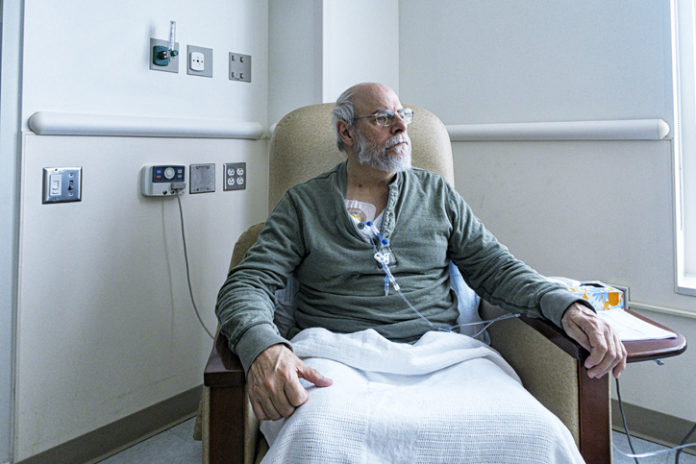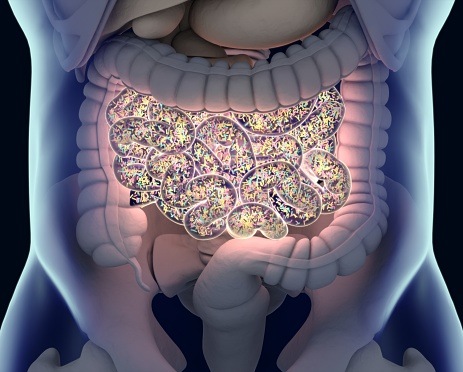According to a recent analysis of national admissions data, cases of significant pneumocystis jirovecii pneumonia (PCP) in patients with inflammatory bowel disease (IBD) are rare; however, the incidence is steadily rising. Additionally, human immunodeficiency virus (HIV) and congenital immunodeficiency were risk factors unrelated to IBD that were associated with PCP development.
The study, published in Annals of Gastroenterology, analyzed admissions for PCP in patients with Crohn’s disease or ulcerative colitis over time in the National Inpatient Sample.
Initially, the authors identified 225 admissions for PCP in patients with IBD between 2016 and 2017, which accounted for 0.035% of total admissions. Cases of IBD with PCP were associated with 4.67-times greater adjusted odds of inpatient mortality (95% CI, 1.72-12.66). The study also found that 49% of patients with IBD admitted for PCP had an unrelated risk factor.
Overall, the incidence of PCP infection increased by 141% from 2002 to 2017 (P=.003), which the authors proposed was due in part to increased use of multidrug treatment regimens for IBD.
The researchers concluded that implementing routine use of prophylaxis for PCP in patients with IBD was likely not needed, although they felt future research on high-risk subpopulations was warranted.
Reference: Schwartz J, Stein DJ, Feuerstein JD. Comprehensive National Inpatient Sample data reveals low but rising Pneumocystis jiroveci pneumonia risk in inflammatory bowel disease patients. Ann Gastroenterol. 2022;35(3):260-266. doi:10.20524/aog.2022.0713
Source: http://www.annalsgastro.gr/files/journals/1/earlyview/2022/ev-04-2022-05-AG_6482-0713.pdf









